“Which essential oil brand is best?” I get this question a lot and if you are confused about which essential oil brand is best, don't worry, you're not the only one!
As essential oils grow in popularity, so do the many options for purchasing them.
With so many brands out there, it can be hard to determine what essential oil companies and brands we should choose.
Is it possible to know which essential oil brands are reliable, trustworthy, and transparent? Can we know which ones offer only pure, unadulterated essential oils?
That's what I aim to answer in this article.
To do that, I will share a few of the criteria I use when buying essential oils. I don't always get it right, but this list of must-haves helps me feel confident each time I make a new purchase.
To follow up I'll share some of my favorite companies to buy from.
I hope this will give you a good place to start when looking for high-quality essential oils and you'll have the confidence to know you are making the best decision.
First Things First: Is there One “BEST” Essential Oil Brand?
My personal opinion is no. There are a number of excellent brands from which to buy.
So, perhaps this title of this article should read, “How to determine which Essential Oil BRANDS are best.
While there are some low-quality, unscrupulous companies selling items labeled as essential oils, there are many wonderful brands doing a wonderful job sourcing and supplying pure, high-quality oils.
Questions to ask when choosing an essential oil brand:
Where are the Essential Oils Sourced?
Knowing where the essential oils are produced is important because it shows transparency. Much like finding out where you Olive Oil comes from can help you determine if it's legit or fake, knowing where the plants are grown and turned into essential oil helps us learn more about its quality.
Does the company have a direct relationship with the growers? If they do, that is wonderful. Having a direct relationship leaves less room for adulteration to occur (this happens when other low-quality oils are mixed with essential oils).
Is the company transparent?
If it’s difficult to find out where the oils were sourced, you might want to skip it. If you call and ask questions which they evade, you may want to look elsewhere.
Check labels or company website for information such as Botanical name, plant part, distillation date and/or expiration date, country of origin, chemotype – not all will have this info readily available, but the more the better. And they should be able to tell you if you ask.
Are Prices too low?
This may seem like a strange question since we all want to save money when possible, but if an essential oil is significantly cheaper than anywhere else, it may be adulterated. Not always, but it definitely raises some suspicion for me.
Many essential oils are quite expensive to make. Take Rose Essential Oil, for example, some report it takes 22 pounds of roses to make 5ml of rose essential oil. That’s a lot of roses! Others are naturally much less expensive, such as lemon.
Check for gas chromatography and mass spectrometry tests (GC/MS)
Batch-specific GC/MS reports are amazing helpful, providing detailed info about the essential oil and showing whether or not they have been adulterated.
Some companies provide these on their websites and others on request.
Why are GC/MS reports important for essential oils?
When I first learned about GC/MS testing and reports a whole new world opened up! This kind of testing provides so much information about each individual essential oil, which then allows you to use that oil much more effectively.
GC/MS testing/reports can also help detect adulteration of oils.
It is a wonderful thing when an essential oil company tests and provides these reports on each batch of oils. Some have them directly on the website, but others are happy to provide them if you call or email.
What does GC/MS mean anyway?
GC stands for Gas Chromatography. MS stands for Mass Spectrometry.
I'm afraid I'll butcher the precise explanation, so here is a quote from Aromatics International
“Gas Chromatography (GC) is a method of separating the volatile compounds in essential oils into individual components and produces a linear graph that charts these components.
Mass Spectrometry (MS) identifies each of these components and their percentages. This process can identify if adulteration has happened to the essential oil tested.”
Additionally, discovering the chemical components of each oil are absolutely fascinating.
Knowing these components really helps with creating blends and choosing oils for targeted applications.
If you want to make the most of using essential oils, you might like to take a trip down the GC/MS road and see where it takes you.
Recommended Essential Oil Brands
Here are some of my current favorite brands. These are the companies I consider to be the best essential oil brands and they currently have the No Fuss Natural stamp of approval.
I say currently as this could change depending on practices of the company and any changes in the oils.
- Aromatics International
Easy access to GC/MS reports. Excellent selection of oils and accompanying tools, such as glass stirring sticks (love those!). This link gives you 15% off your first order of $150. - Florihana
Since 1993, the distillery Florihana distill and offer botanically defined 100% natural, pure and certified organic essential oils in accordance with the European (AB), Japanese (JAS) and American (USDA) certifications. They have their own distillery in France. - Mountain Rose Herbs
Has a wide variety of essential oils available in a range of prices. Follows the America Herbal Products Association Code of Ethics for labeling products (so you won't find any unsubstantiated claims in the bottle). Click here to view a short video about the essential oils from Mountain Rose Herbs.
Related posts about Essential Oils:
- How to Get Started with Essential Oils
- Essential Oil Books
- 3 Homemade Cleaners with Sweet Orange Essential Oil
- 5 Uses for Tea Tree Essential Oil
- How to Use Geranium Essential Oil
- How to Dilute Essential Oils for the Bath
- 10 Uses for Lemon Essential Oil
- 10 Uses for Lavender Essential Oil
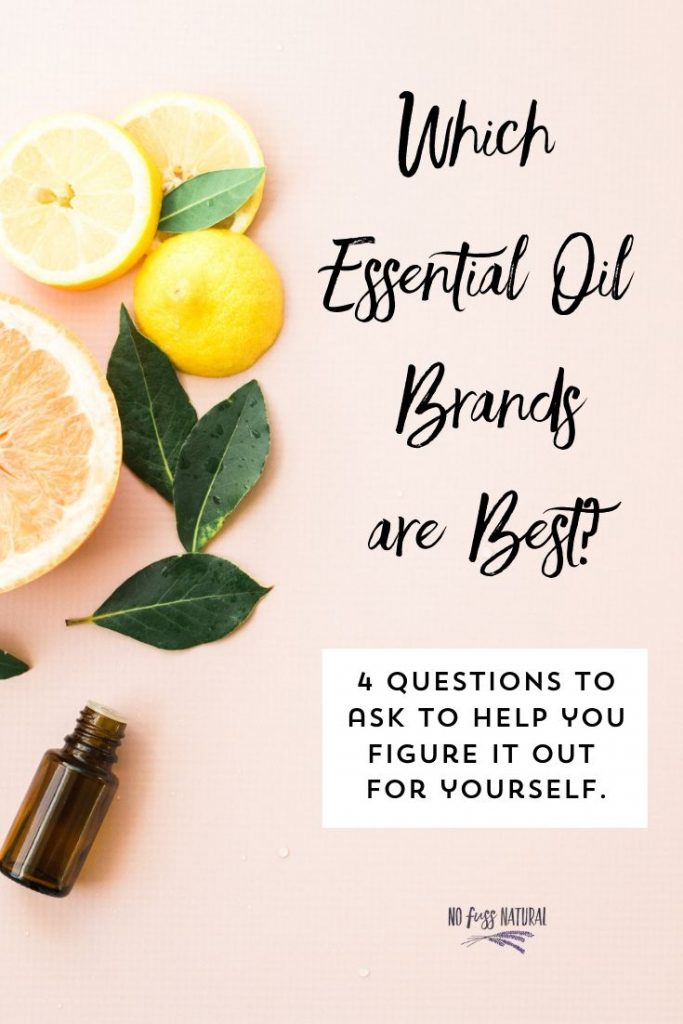

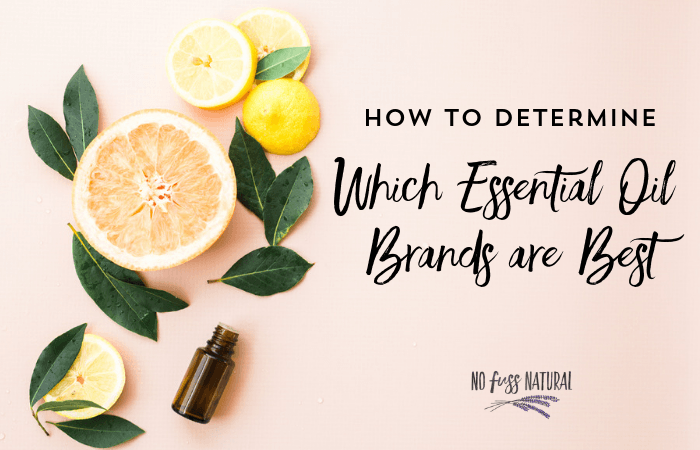
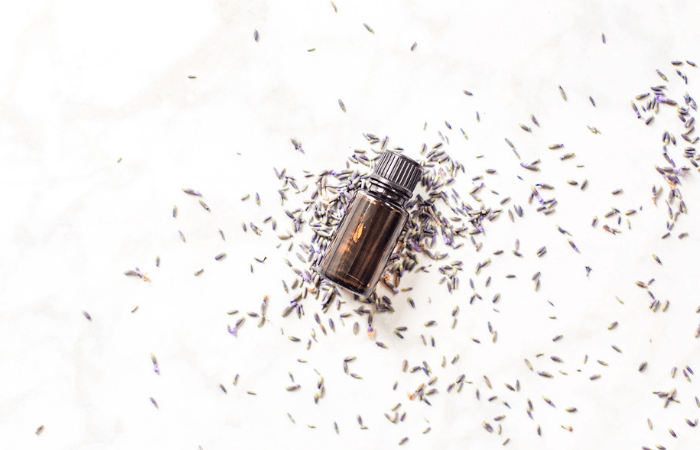

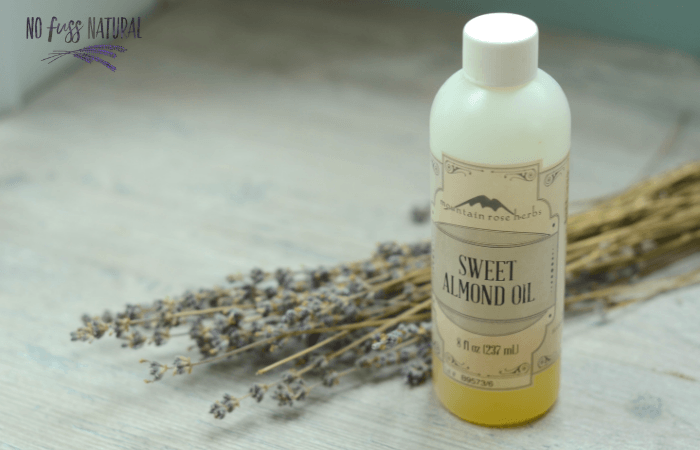 How to Use Sweet Almond Oil in Homemade Skincare
How to Use Sweet Almond Oil in Homemade Skincare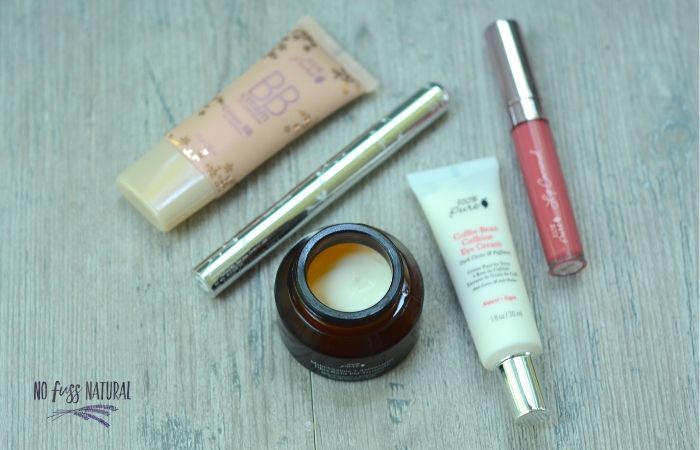 →
→
Leave a Reply